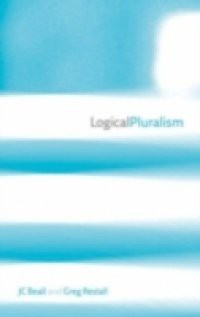Consequence is at the heart of logic; an account of consequence, of what follows from what, offers a vital tool in the evaluation of arguments. Since philosophy itself proceeds by way of argument and inference, a clear view of what logical consequence amounts to is of central importance to the whole discipline. In this book JC Beall and Greg Restall present and defend what thay call logical pluralism, arguing that the notion of logical consequence doesn''t pin down one deductive consequence relation; it allows for many of them. In particular, they argue that broadly classical, intuitionistic, and relevant accounts of deductive logic are genuine logical consequence relations; we should not search for one true logic, since there are many. Their conclusions have profound implications for manylinguists as well as for philosophers.

